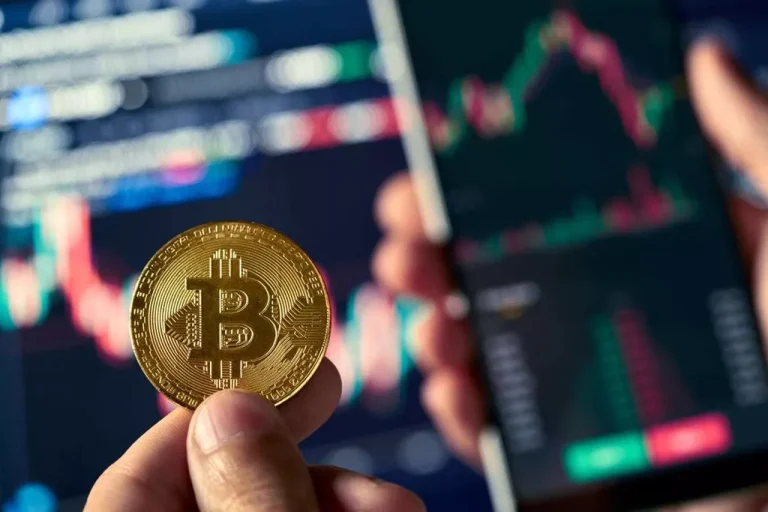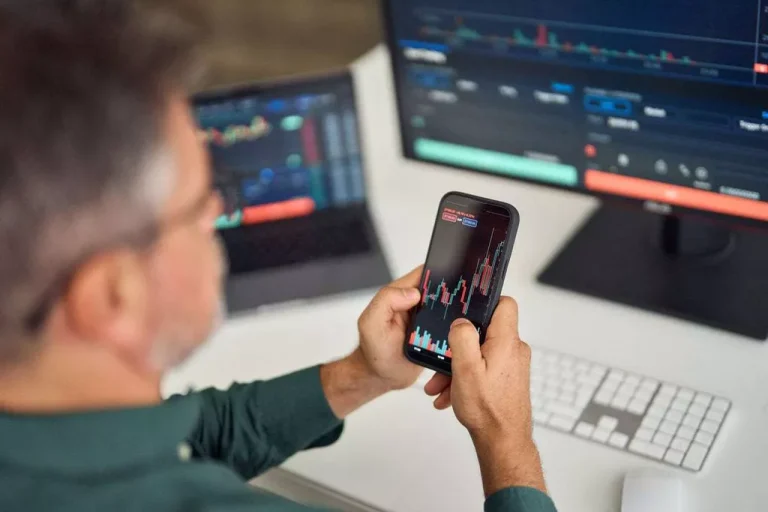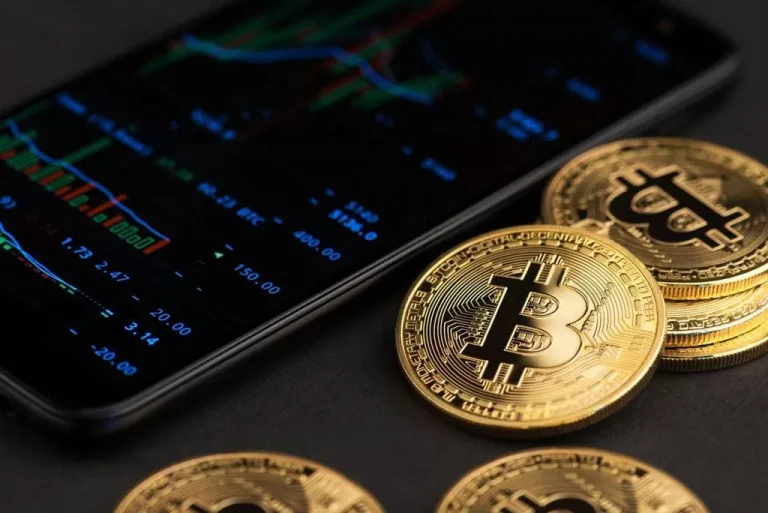Cryptocurrency exchanges and wallets are pivotal elements of the cryptocurrency ecosystem, although their purposes and objectives contrast greatly. The wallet is a communication channel between the user and the blockchain. Retaining complete control of your assets lets you transmit, receive, and safely keep your digital money. Conversely, exchanges are online marketplaces where users may buy, sell, and swap assets. These platforms allow users to conduct different financial operations and swap coins.
It is significant to note that many platforms also give their customers access to private digital wallets. However, knowledgeable investors and players in the cryptocurrency market advise keeping their money in their crypto wallets for safety reasons. Understanding the distinction between crypto wallet vs exchange plays a vital role, and you will discover it in this article.
Overviewing the Essence of Crypto Wallets and Exchanges
First, let’s look into what is a crypto exchange vs wallet. An instrument to maintain assets on the blockchain is a crypto wallet. It can be desktop, mobile, web-based, paper-based, or hardware-based and creates transaction keys. Desktop options are helpful for regular computer use, mobile ones are useful for mobile devices, and paper and hardware variants are practical for offline storage of personal keys. Thanks to this storage, the person’s holdings are more protected and under control.
Crypto exchanges are environments where you may purchase and sell virtual tokens. Although many of them provide custodial online wallet services, their top function is acting as a crypto trading marketplace. There are two basic types: decentralized exchanges (DEX), which enable direct peer-to-peer deals without go-betweens, and centralized exchanges (CEX), which are run by an organization and offer custodial wallets.



Turnkey Brokerage Solution For Your Business
Get the most profitable fully licensed fx/crypto brokerage software or ready-to-operate business in 48 hours. Best-in-class web & mobile trading platforms, sales-driven CRM, full integration with MT4/5, and 150+ payment providers.
Crypto Wallet vs. Exchange: 5 Primary Differences
Crypto wallet vs exchange are the two primary methods of holding and managing coins. The functionality, security, and price of the three tools differ significantly.
Functions
A cryptocurrency wallet is a risk-free place to hold, manage, and conduct transactions with your virtual assets. There are two primary categories of these wallets: software wallets, apps or programs on the PC or smartphone, and hardware alternatives, which are actual hardware created with the express purpose of securely keeping offline personal keys.
Their primary job is to generate and store public and private keys. The public one functions as the address and, like an account number in conventional banking, enables people to send the money. The secret to your digital fortune is a private key only you know.
On another note, an exchange functions as a bustling market in the online world. It is an online marketplace where traders come together. Users may readily convert their fiat cash, such as dollars or euros, into coins like Bitcoin or Ethereum using these platforms.
Users can swap various assets, taking advantage of price modifications. Exchanges provide an easy-to-navigate layout and enable blockchain transactions, comprising digital assets and conventional payment methods like credit cards and bank transfers.
Crypto exchange acts as a dynamic market, linking users and facilitating trouble-free virtual assets trading, while wallets work as personal private digital safes. People may enter the world of crypto with security and confidence by using both of them efficiently.
Storage and security
The two main methods to store and manage tokens have benefits and drawbacks. A wallet on the user’s device housing the private keys offers better security. If the device is lost or if the user forgets the wallet password, there is also a chance of losing money. Losing access to the private key in this situation may result in the unavoidable loss of assets.
Exchanges, in contrast, keep private keys on their servers, making it easier to utilize them but posing a danger of hacker assaults. Users must have faith in the platform to safely keep their funds, supposing the exchange has high security and protection. Nevertheless, it can be risky, as no system is entirely safe from cybercriminals. In the past, exchanges like Mt. Gox suffered major security breaches, resulting in the loss of users’ funds, highlighting the risks associated with centralized exchanges.
Functionality and asset management
An exclusive kind of software or hardware known as a “crypto wallet” gives customers complete control over their holdings. These devices’ primary functions include holding, sending, and receiving money, checking balances, recording transactions, providing security measures, supporting several currencies, and backing up and restoring data. Asset management places a lot of emphasis on wallets that show cryptocurrency holdings. Some include portfolio tracking capabilities as well to keep track of asset performance. Some could permit internal conversions between users.
In contrast, exchanges serve as platforms to purchase, sell, and swap digital money. Their capabilities include trading, the ability to place market, limit, stop-limit, and other types of orders, liquidity for trading various coins, and a multiplicity of trading pairs. Still, they also impose transaction fees and offer other services. Technical analysis charts and tools, APIs for automated trading and platform integration, and KYC policies and operations are the main topics of asset management. Exchanges frequently offer an overview of customers’ Bitcoin holdings as well as customer assistance to help clientele. They monitor users’ trading actions and provide interest-bearing accounts so that consumers may profit from their assets.
Therefore, customers have a choice between a blockchain wallet that offers total control and an exchange that provides ease of trading and exchanging.
Operating expenses and fees
Cryptocurrency wallets are a practical and cost-free method to keep digital cash. They are simple to install on gadgets and send and receive various virtual tokens. Unlike exchanges, they don’t impose transaction fees if consumers don’t contact the platform. It provides owners with total financial control at no additional expense.
On the other hand, exchanges charge fees for each trade, buy, or sell of assets. The purpose of these fees is to cover platform maintenance expenses and to guarantee trading’s efficiency and security. While users can access a wide range of assets, their prices are often higher owing to fees, which can impact their total profitability in managing virtual assets. The user’s demand for convenience, value, and degree of financial control will thus determine whether they pick a wallet or exchange.
Assets exchange and liquidity
Usually, crypto wallets do not offer the chance to swap coins for other goods or money without using an exchange. The ability to trade cryptocurrencies for fiat or other traditional assets makes it possible to depart the market and re-enter it profitably.
In general, whereas exchanges offer the option to purchase and exchange assets on the market, crypto wallets are made to store and manage holdings. Both components may accomplish various monetary objectives and are crucial to efficient engagement in the industry.

Are Crypto Wallets Safer Than Exchanges?
Every method of storing cryptocurrency — crypto wallet vs exchange — carries some level of danger. On the one hand, cryptocurrency institutions bear the threat of hacking or legal problems, which might allow a 3rd person to manipulate the cash. Nevertheless, you are arguably the most significant danger to the money you keep in a self-storage wallet. Being your banker involves taking responsibility of your actions, which includes remembering the recovery phrase and avoiding typical scams.
Cryptocurrency exchanges and storages demand various methods to hold coins and have varying levels of protection. There are hazards involved with each of them. Therefore, none of them can be characterized as being entirely safe. They do, however, have benefits and drawbacks. Let’s examine the positive sides of wallets:
- The user completely controls the personal key and, consequently, the tokens.
- Because the user’s device holds the private key rather than the network, it is often less susceptible to cyber-attacks.
These are their significant drawbacks:
- You might be unable to access the wallet if you lose your smartphone or forget your password.
- Having to swiftly swap virtual coins out of your storage on the exchange.
However, it is also worth paying attention to the advantages in terms of safety and exchanges. The platform allows you to safely trade, vend, and purchase coins instantly. They also simplify the tokens swap for fiat currency while guaranteeing protection against losing money. However, a significant downside is that users are fenceless against the danger of internal criminal activity or cyber-attacks.
Security, consequently, depends on the person’s awareness and understanding of crypto-security and demands. The most secure usage is a clever mix of the two approaches: store sizable sums in a protected Bitcoin wallet for long-term keep and utilize specialized websites to trade or conveniently swap.
Final Thoughts: Deciding What to Choose
To pick between crypto exchanges and wallets, first determine what you need. Choose a wallet if you plan to store tokens or if you have significant quantities of tokens at your disposal due to its improved security. An exchange, however, could be more appropriate if frequent trading is your objective or if you have to convert fiat money to cryptocurrency. After determining your needs, check that the wallets have security features like backup and multi-sig. If you seek specialized platforms, prioritize regulated exchanges with robust security measures and a positive reputation in the market. After all, pick a dependable product or platform with a successful track record.
Moreover, look through user rankings with an eye toward desired characteristics. Pay heed to both positive and negative feedback. Reviews shed light on consumers’ usability, dependability, and difficulties with a particular storage or exchange.
To cap it all, a wallet is software that lets clients store all their holdings. An exchange is a website or service where users may purchase, sell, or convert fiat cash into digital currency. It is entirely at your discretion to keep the digital tokens in virtual storage or on a platform. Nonetheless, if the website is hacked or the proprietors exchange the money and flee, you might say goodbye to all of your digital cash if you store it on an exchange. Also, holding your digital money will require managing, securing, and backing up your wallet. Always weigh the dangers before choosing between each of these alternatives.






